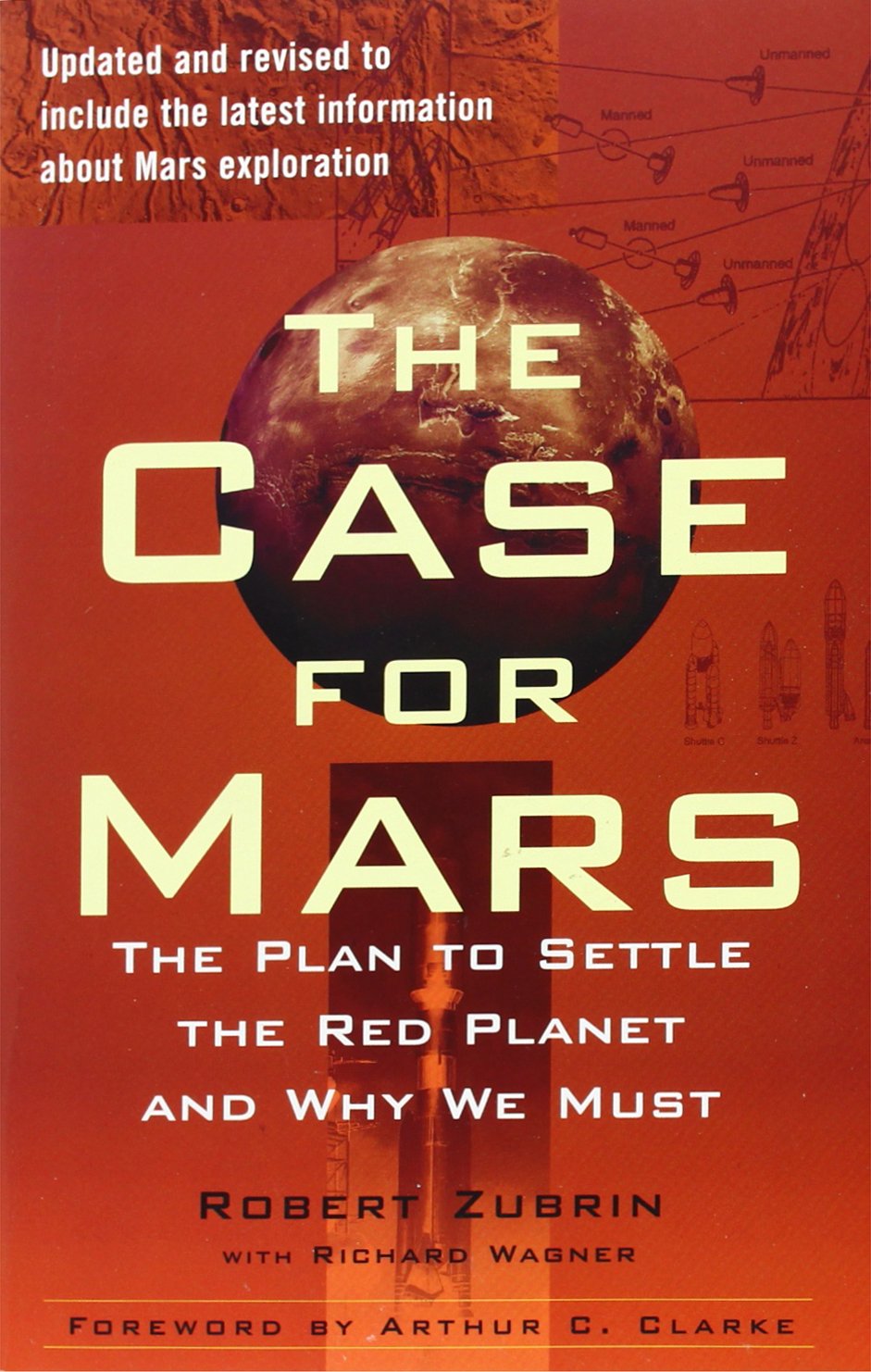Populating new places can enable a new start and experimentation with new forms of social organisation. Escape from the momentum of tradition.
This isn't just speculation. We've already seen demonstrations of this, like the founding of the United States and the democratic system they put in place there.
This sort of thing could help us address the sort of problems you mention. Like with the case of the US, successful new ideas can be transplanted back to other places.
Also the fact that in the long term colonization may help with overpopulation on Earth.
(I heard this viewpoint from reading Robert Zubrin's "The Case For Mars" https://www.amazon.com/Case-Mars-Plan-Settle-Planet/dp/14516...)
There's some good reasons try colonizing Mars:
* It would be a significant challenge (like going to the Moon was), and (as there is lots of historical evidence for) innovation comes from people working on hard problems. So it would lead to innovations
* It would inspire a generation to be more interested in areas like science and technology (also like with going to the Moon)
* The fresh start of a new planet would provide the opportunity for people to try out new forms of social structure. The founding of the USA is a historical example of this. Broken systems and structures is a big problem on earth right now.
* Ultimately if humanity only exists on a single planet, then it's at great risk of being wiped out by some catastrophe. Getting off earth is important for our future existence.
(A long time ago, I read Robert Zubrin's "The Case for Mars" and I think a lot of these ideas came from that. https://www.amazon.com/Case-Mars-Plan-Settle-Planet/dp/14516...)
* It would be a challenge, and (as there is lots of historical evidence for) innovation comes from people working on hard problems. So it would lead to innovations
* It would inspire a generation to be more interested in areas like science and technology
* The fresh start of a new planet would provide the opportunity for people to try out new forms of social structure. The founding of the USA is a historical example of this. Broken systems and structures is a big problem on earth right now.
* Ultimately if humanity only exist on a single planet, then it's at great risk of being wiped out by some catastrophe. Getting off earth is important for our future existence.
(A long time ago, I read Robert Zubrin's "The Case for Mars" and I think a lot of these ideas came from that. https://www.amazon.com/Case-Mars-Plan-Settle-Planet/dp/14516...)
Populating new places can enable a new start and experimentation with new forms of social organisation. Escape from the momentum of tradition.
But that's just speculation, right? It's actually not, because we've already seen demonstrations of this, like the founding of the United States and the democratic system they put in place there.
(I heard this viewpoint from reading Robert Zubrin's "The Case For Mars" https://www.amazon.com/Case-Mars-Plan-Settle-Planet/dp/14516...)
Here's some rational reasons for why it's a good idea:
* It would be a challenge, and (as there is lots of historical evidence for) innovation comes from people working on hard problems. So it would lead to innovations
* It would inspire a generation to be more interested in areas like science and technology
* The fresh start of a new planet would provide the opportunity for people to try out new forms of social structure. The founding of the USA is a historical example of this. Broken systems and structures is a big problem on earth right now.
* Ultimately if humanity only exist on a single planet, then it's at great risk of being wiped out by some catastrophe. Getting off earth is important for our future existence.
(A long time ago, I read Robert Zubrin's "The Case for Mars" and I think a lot of these ideas came from that. https://www.amazon.com/Case-Mars-Plan-Settle-Planet/dp/14516...)
http://www.amazon.com/The-Case-Mars-Settle-Planet/dp/1451608...

